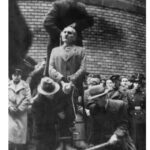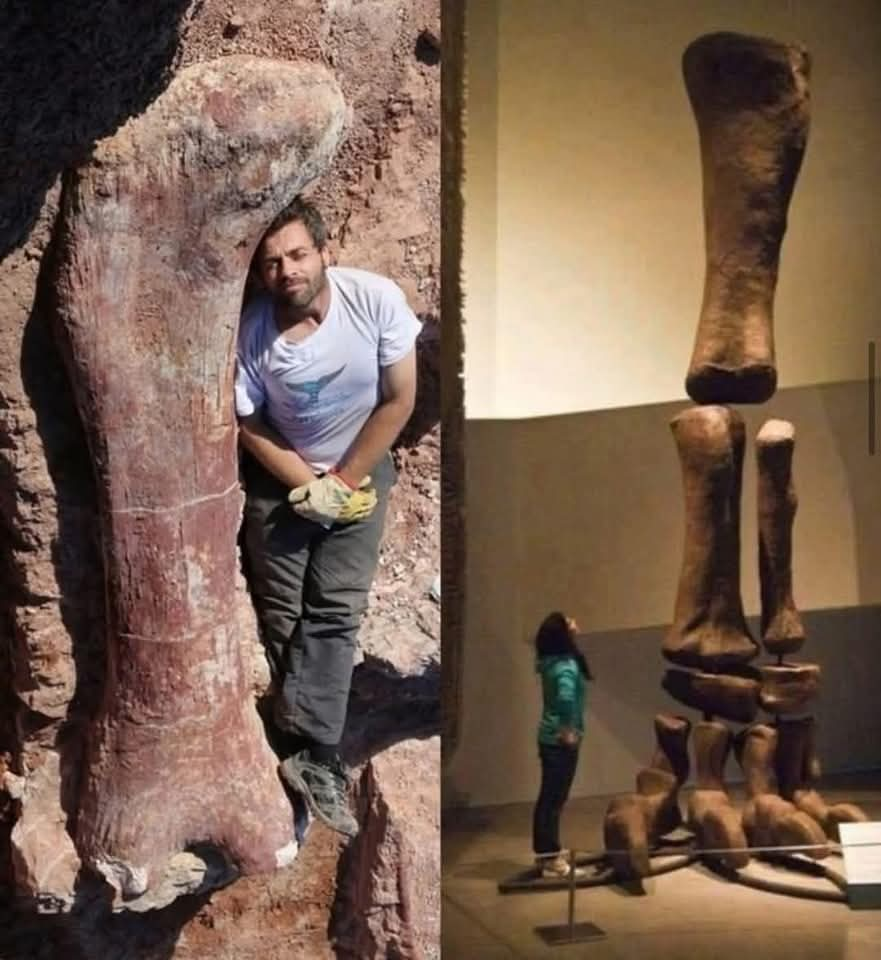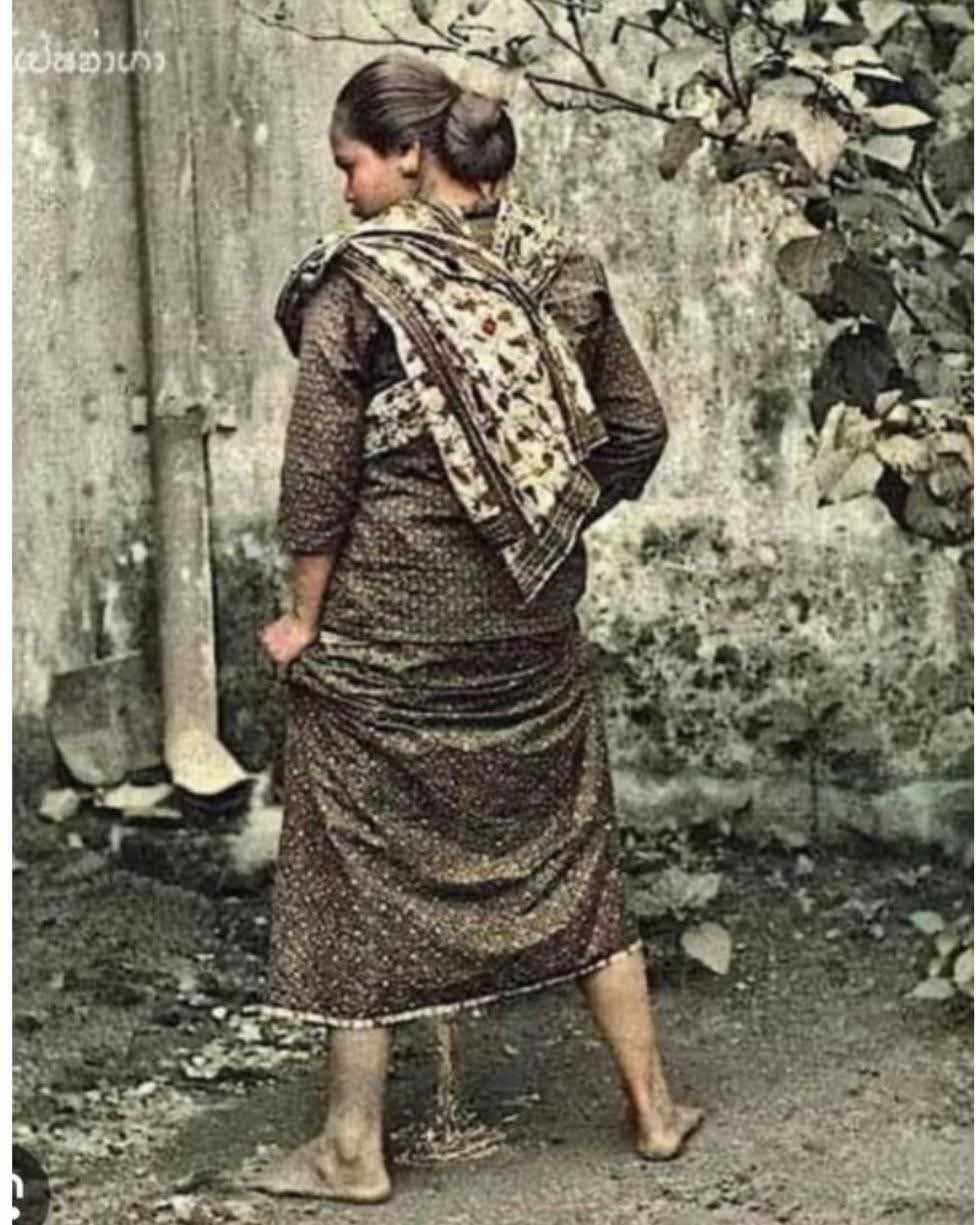
Gabor Vajna was a Hungarian politician who had been active in far-right and anti-Semitic politics since the 1920s. He joined the Arrow Cross Party in 1935 and rose to become one of its leaders. During World War II, Vajna served as Minister of the Interior in the Arrow Cross government, which was established after the Germans invaded Hungary in 1944. Vajna was responsible for enforcing the party’s policies, which included rounding up and deporting Jews and other “undesirables” to concentration camps.
After the war, Hungary was occupied by the Soviet Union, which established a provisional government to investigate and prosecute war crimes. Vajna was arrested by the Soviet Red Army and was charged with crimes against humanity, war crimes, and high treason. He was put on trial in Budapest in early 1946, along with other high-ranking members of the Arrow Cross Party.
Vajna’s trial was conducted by a People’s Tribunal, which was a special court established by the Hungarian government to try war criminals. The trial was held in public, and evidence was presented showing Vajna’s role in the persecution and deportation of Jews, as well as his involvement in the Arrow Cross government’s other crimes. Vajna was found guilty on all counts and was sentenced to death.
On March 12, 1946, Vajna was executed by hanging in Budapest. His execution was carried out in public, and many Hungarians came to watch. Vajna was the highest-ranking member of the Arrow Cross Party to be executed, and his death was seen as a symbol of justice for the victims of the party’s crimes. After his execution, Hungary continued to prosecute and execute former members of the Arrow Cross Party, as well as other collaborators and war criminals.










Leave a Reply